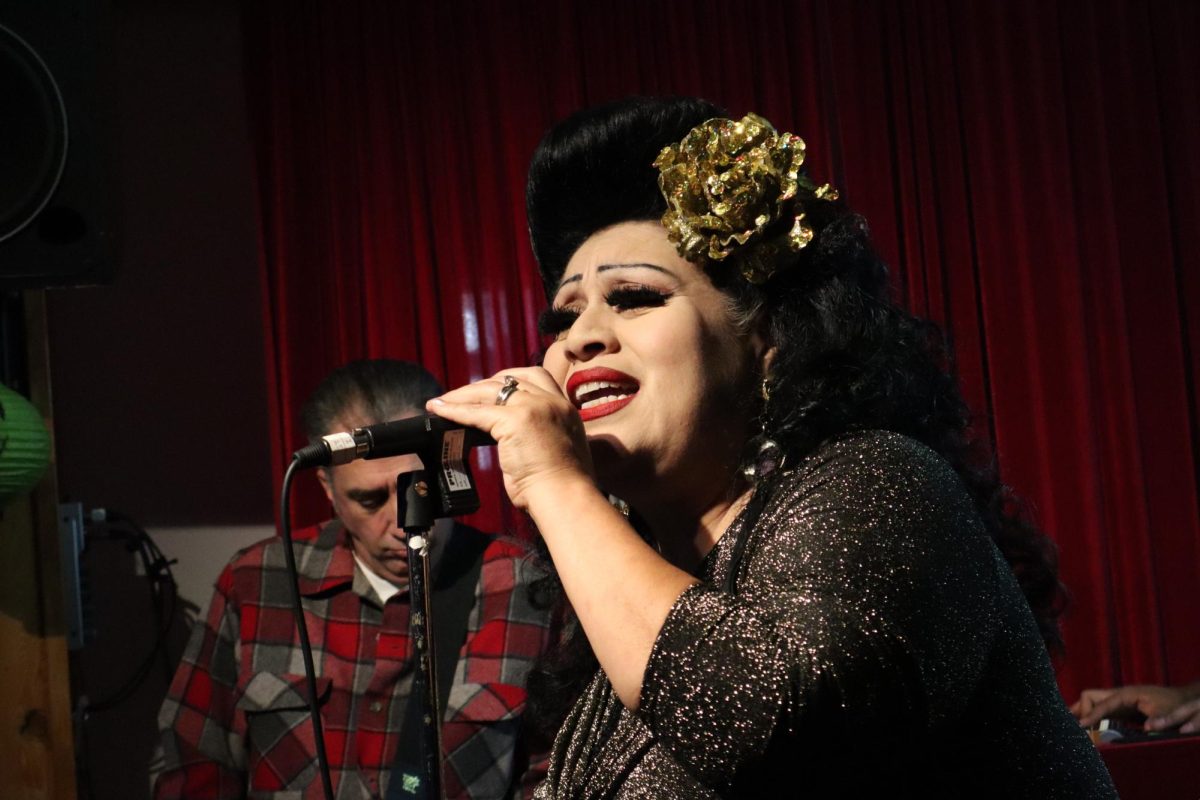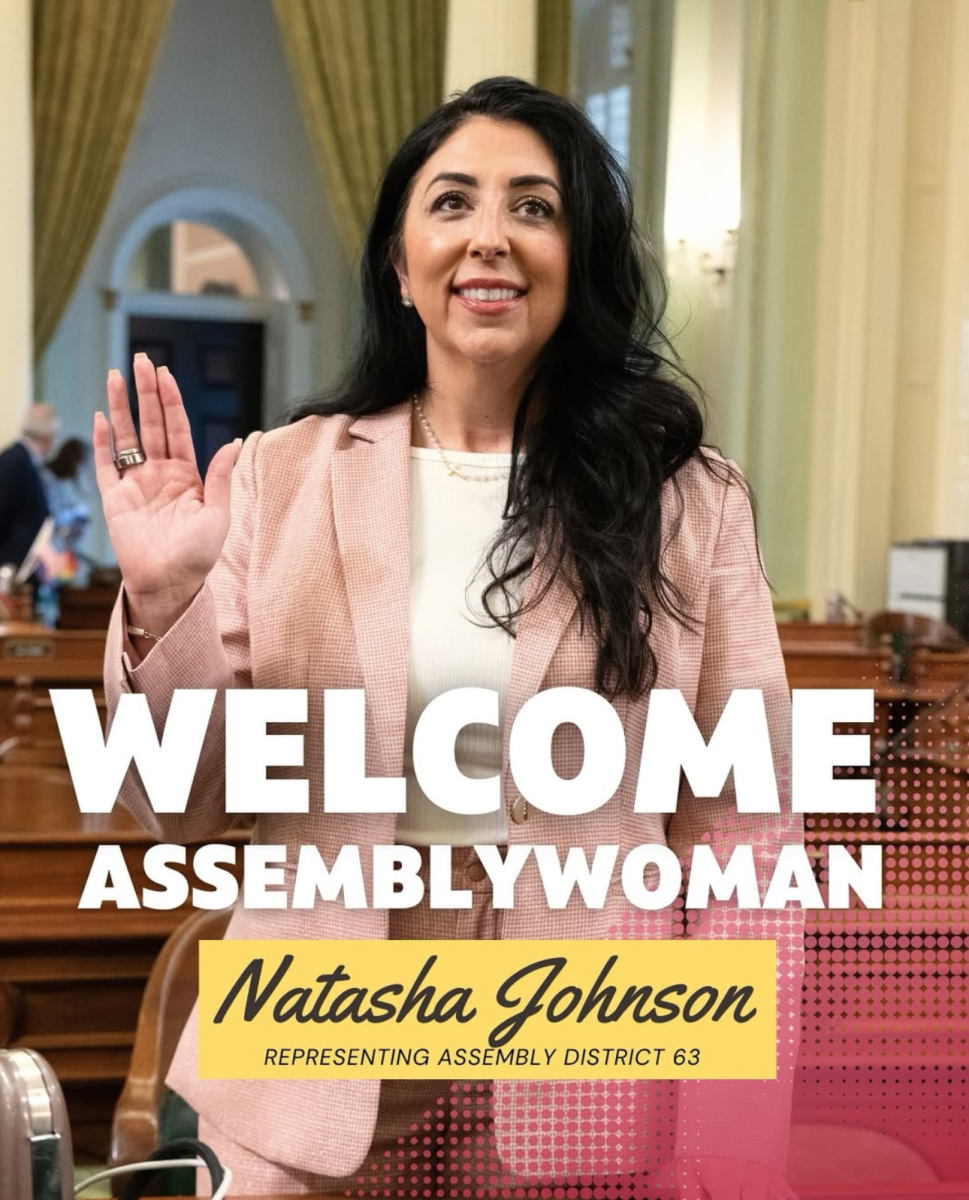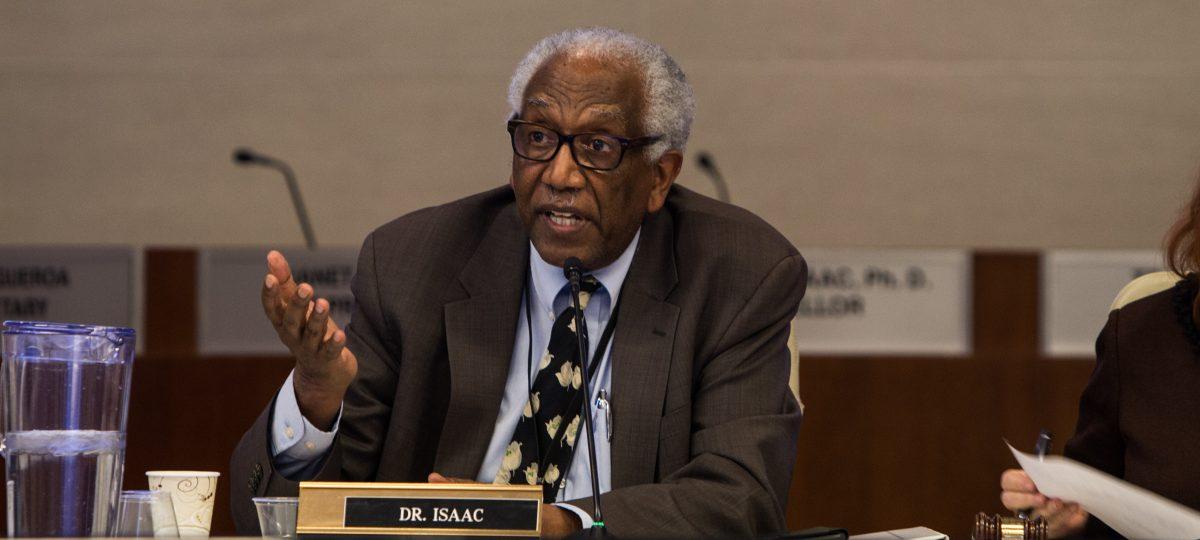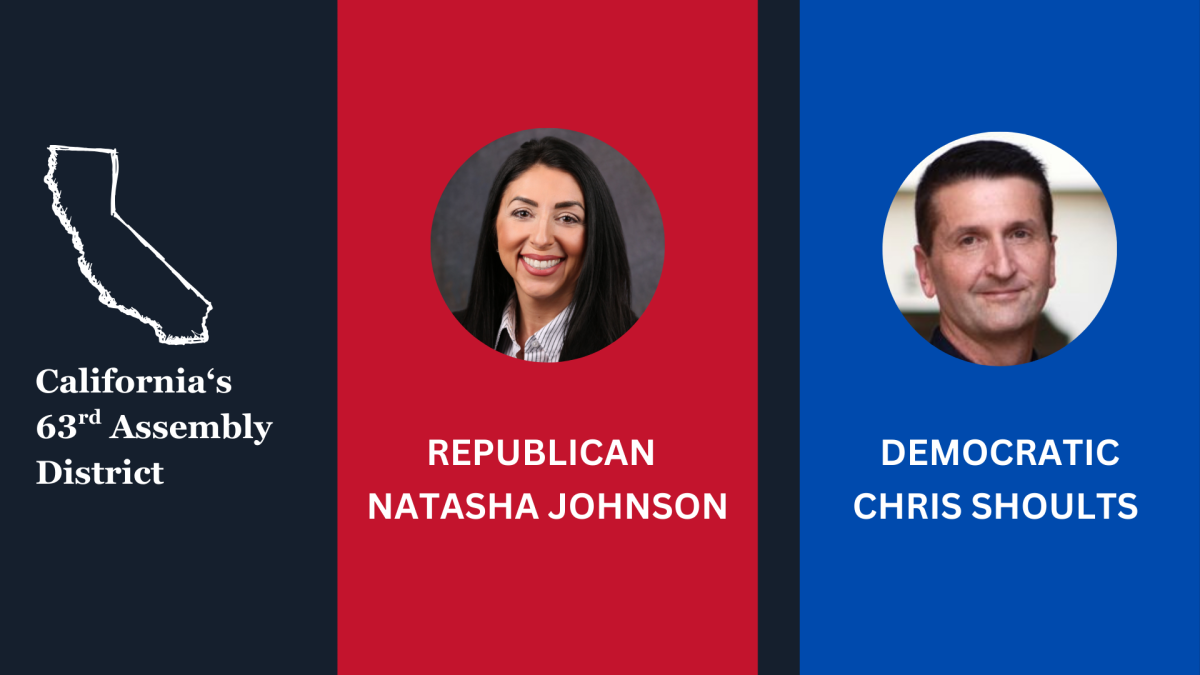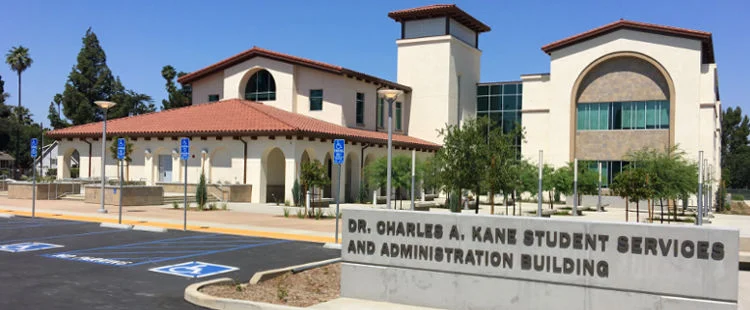*This story was updated Feb. 19 to include RCC President Gregory Anderson’s comment.
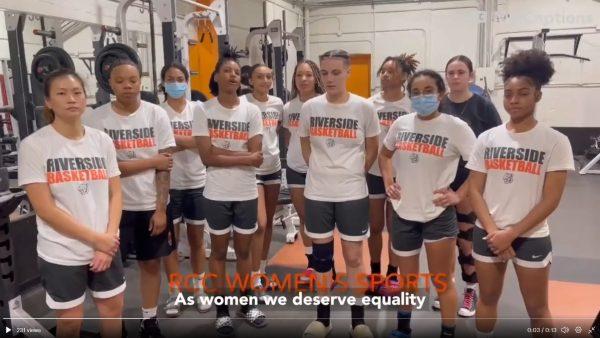
By Daesha Gear
Athletes from the Riverside City College women’s basketball team publicly voiced their displeasure surrounding the inequities they face compared to their male counterparts this week on social media.
A Twitter account named @EqualityInWomensSports issued a public statement Feb. 14 demanding equity, respect and equal access to facilities on campus. They also posted a video of the women’s basketball team pleading for support.
“The culture is still focused on men’s sports, and it needs a change, and it needs a voice, and my student-athletes have been that voice and I couldn’t be more proud of the young women that they are,” Alicia Berber, RCC’s women’s basketball head coach, said.
The account proceeded to tag RCC President Gregory Anderson and kinesiology chair Steve Sigloch, along with an array of local leaders and news outlets.
“The culture is so deep that it’s going to take a lot of movement from the higher-ups to make sure that things change,” Berber said. “Not just change temporarily, change for good.”
Sigloch declined to comment.
“My immediate reaction is to forward that those student voices can be amplified — that the college administration can hear those student voices and that we can address any concerns,” Anderson said Feb. 19. “Thank you (to) the students for being courageous and brave enough to bring forward their concerns.”
Male athletes have convenient access to essential resources to maintain their performance in important games or tournaments, Berber says. In contrast, gaining access to those same locations is strenuous for female athletes.
According to the posted district budget, men’s and women’s teams receive the same amount of funds, outside of football. However, although they receive equal funding, both men’s and women’s sports teams are treated differently, according to the female players.
“We need the weight room,” the athletes said in the video. “Our voice deserves to be heard. As women, we deserve equality — our strength starts with our voice.”
Anderson said the district is committed to understanding the athletes’ and faculty’s exact concerns immediately.
“If any of that is revealed to be true then it needs to be addressed with speed (and) with fairness,” he said.
This is not the first discussion of gender inequality surrounding the athletic department at RCC. Berber voiced her displeasure to the Riverside Community College District Board of Trustees nearly a year ago.
“Female student athletes need equal access to facilities, to services, and to all opportunities that are afforded to male student athletes,” she said at the meeting. “But they are consistently denied or given lesser priority than men at RCC. Some of the explanations that I have received from RCC administration for this unequal treatment are that the women don’t need weight training as much as men.”
Like Berber, the basketball team further discussed its discontent with the college’s treatment of its female athletes.
“We want respect, not apologies,” said the women’s basketball team on Twitter. “Equality is not subjective. We deserve to be here.”
Berber and RCCD settled a lawsuit in which she alleged sexual harassment and discrimination nearly a decade ago for $250,000.
“The inequity in women’s sports continues,” Berber said. “We are now in the 50th anniversary this year of Title IX, and it’s unfortunate that it has not changed.”
Anderson said it is critical to listen to what the students have to say right now, rather than assuming what they need or speaking on their behalf.



